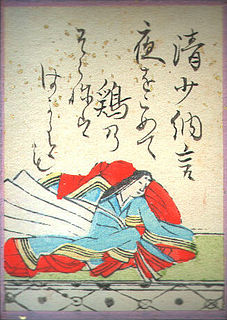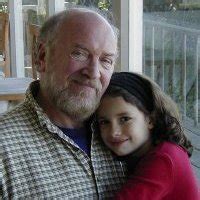A Quote by Roland Barthes
The art of living has no history: it does not evolve: the pleasure which vanishes vanishes for good, there is no substitute for it. Other pleasures come, which replace nothing. No progress in pleasures, nothing but mutations.
Related Quotes
Every one may know that to will and not to do, when there is opportunity, is in reality not to will; and that to love what is good and not to do it, when it is possible, is in reality not to love it. Will, which stops short of action, and love, which does not do the good that is loved, is a mere thought separate from will and love, which vanishes and comes to nothing.
Lenten practices of giving up pleasures are good reminders that the purpose of life is not pleasure. The purpose of life is to attain to perfect life, all truth and undying ecstatic love - which is the definition of God. In pursuing that goal we find happiness. Pleasure is not the purpose of anything; pleasure is a by-product resulting from doing something that is good. One of the best ways to get happiness and pleasure out of life is to ask ourselves, 'How can I please God?' and, 'Why am I not better?' It is the pleasure-seeker who is bored, for all pleasures diminish with repetition.
There are three sorts of pleasures which are advantageous, and three which are injurious. Finding pleasure in the discriminating study of ceremonies and music, finding pleasure in discussing the good points in the conduct of others, and finding pleasure in having many wise friends, these are advantageous. But finding pleasure in profligate enjoyments, finding pleasure in idle gadding about, and finding pleasure in feasting, these are injurious.
As human beings we have the capacity to enjoy limitless, blissful happiness...there is nothing wrong with having pleasures and enjoyments. What is wrong is the confused way we grasp onto these pleasures, turning them from a source of happiness into a source of pain and dissatisfaction. It is grasping and attachment that is the problem, not the pleasure themselves.
The pleasure of eating should be an extensive pleasure, not that of the mere gourmet. People who know the garden in which their vegetables have grown and know that the garden is healthy will remember the beauty of the growing plants, perhaps in the dewy first light of morning when gardens are at their best. Such a memory involves itself with the food and is one of the pleasures of eating. (pg. 326, The Pleasures of Eating)
To a person uninstructed in natural history, his country or sea-side stroll is a walk through a gallery filled with wonderful works of art, nine-tenths of which have their faces turned to the wall. Teach him something of natural history, and you place in his hands a catalogue of those which are worth turning around. Surely our innocent pleasures are not so abundant in this life, that we can afford to despise this or any other source of them.
And now you ask in your heart, ‘How shall we distinguish that which is good in pleasure from that which is not good?’ Go to your fields and your gardens, and you shall learn that it is the pleasure of the bee to gather honey of the flower, But it is also the pleasure of the flower to yield its honey to the bee. For to the bee a flower is a fountain of life, And to the flower a bee is a messenger of love, And to both, bee and flower, the giving and the receiving of pleasure is a need and an ecstasy. * People of Orphalese, be in your pleasures like the flowers and the bees.



































